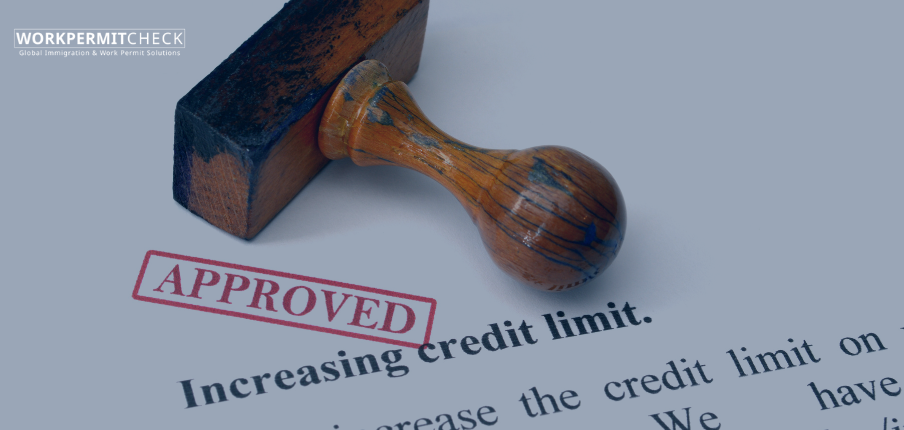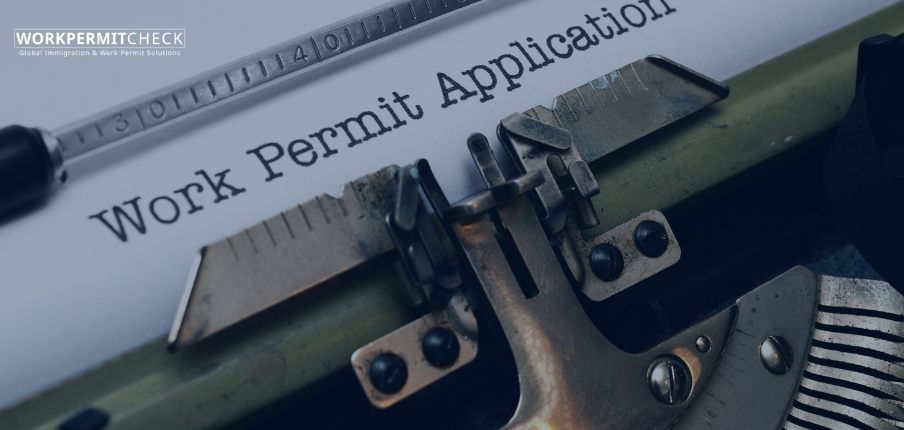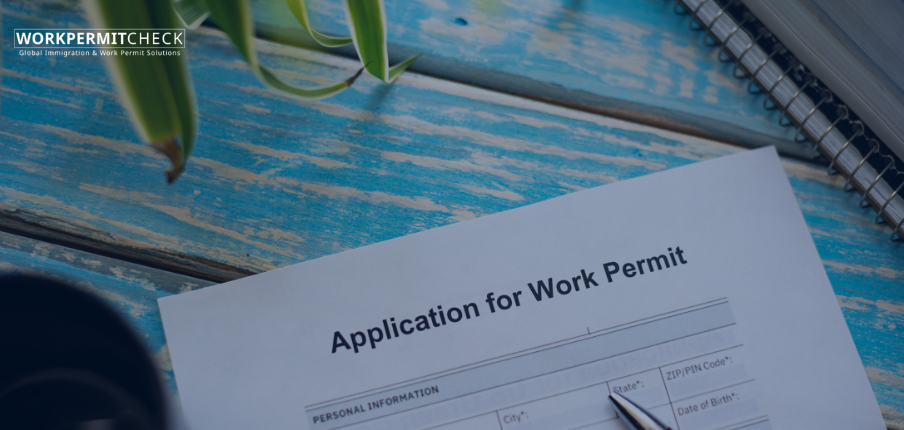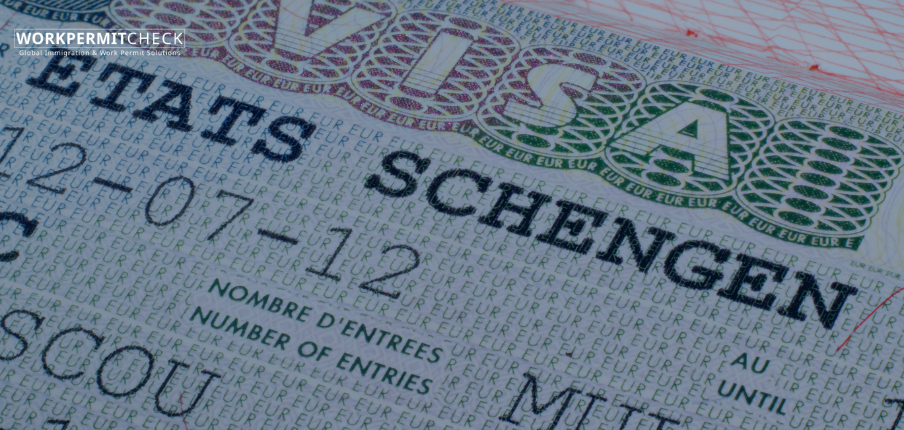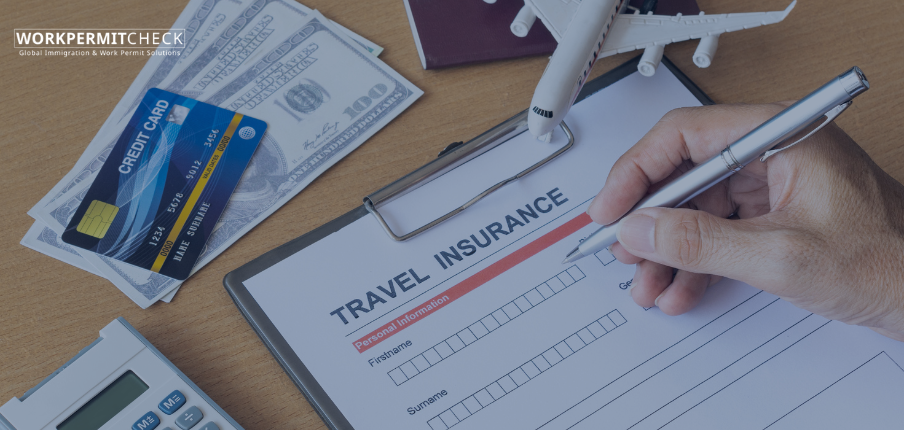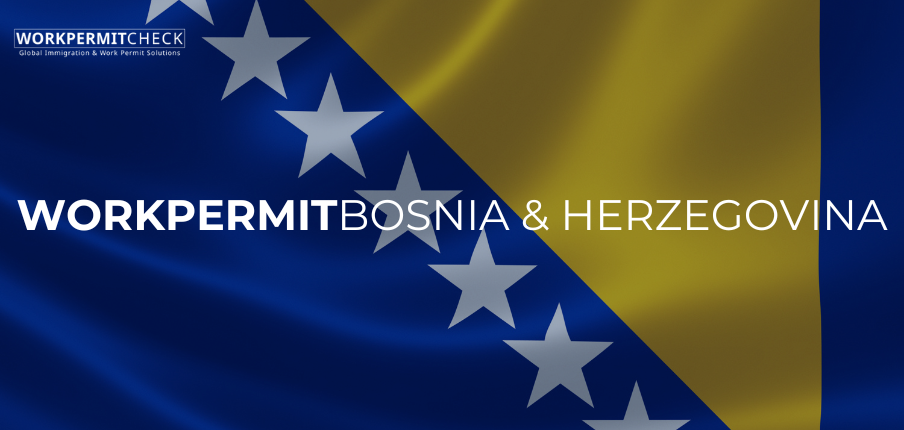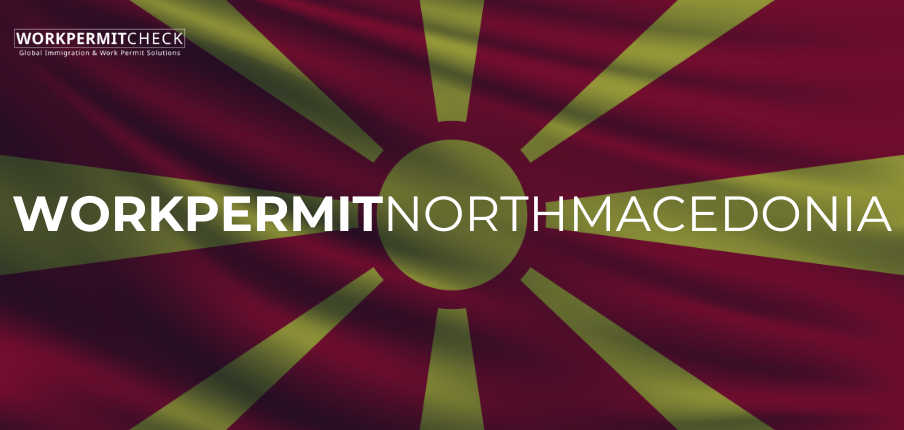Russia, with its large and diverse economy, attracts skilled professionals, entrepreneurs, and labor migrants from around the world. If you are a foreign national planning to work in Russia, it is essential to understand the legal process of obtaining a work permit. This guide provides a detailed overview of how to secure a work permit in Russia legally and efficiently, with emphasis on avoiding unnecessary intermediaries and doing it independently whenever possible.
Types of Work Permits in Russia
The Russian work permit system offers several categories depending on the applicant’s qualifications, nationality, and the nature of the job:
-
Standard Work Permit: For foreign citizens working under a labor contract.
-
Highly Qualified Specialist (HQS) Permit: For skilled workers earning above a specified income threshold.
-
Patent (??????): For citizens of certain CIS countries doing low-skilled or household work.
-
Work Visa + Permit: For non-CIS nationals who require both documents before entering Russia.
Each type has a distinct procedure and is linked to the employer sponsoring the applicant.
Who Needs a Work Permit?
All foreign nationals intending to work in Russia, except for specific exemptions (e.g., diplomats, journalists accredited in Russia, business visitors without employment), must obtain a valid work permit before beginning any paid activity.
Step-by-Step Process to Obtain a Work Permit in Russia
1. Obtain a Job Offer
First, secure a formal job offer from a Russian employer. The employer must be officially registered and authorized to hire foreign labor.
2. Employer Applies for a Foreign Labor Quota (if required)
For many types of jobs, Russian employers must first apply for a foreign labor quota. This process is done annually and allows the government to control the number of foreign workers in each region and industry.
Note: This step is usually not required for Highly Qualified Specialists or workers from certain countries.
3. Collect Required Documents
To support the work permit application, the following documents are typically required:
From the Employer:
-
Copy of company registration documents
-
Employment contract or job offer
-
Application forms provided by the Ministry of Internal Affairs
From the Employee:
-
Valid passport
-
Professional qualifications and work experience records
-
Medical certificates (HIV test, tuberculosis, and other infectious diseases)
-
Photos (passport-sized)
-
Russian-language translations of all foreign documents
-
Migration card (if already in Russia)
Documents in foreign languages must be translated and notarized in Russia.
4. Medical Examination and Fingerprinting
As part of immigration control, foreign workers must undergo a medical examination at accredited Russian clinics and submit fingerprints. This is mandatory before receiving a work permit or work visa.
5. Apply for Work Visa (if required)
Citizens of non-CIS countries must also apply for a work visa. The employer typically submits a visa invitation to the Ministry of Internal Affairs, which is used to apply for a visa at a Russian consulate.
CIS citizens usually do not require a visa but must register with migration authorities upon arrival.
6. Receive Work Permit
Once all documents are verified and approved, the authorities issue the work permit. This document allows the foreign national to work legally in Russia for the employer and job specified.
Work permits are generally issued for 1 year, with the possibility of extension. Highly Qualified Specialists may receive permits valid for up to 3 years.
7. Register with the Migration Service
All foreign workers must be registered with the local branch of the Ministry of Internal Affairs within 7 days of arrival in Russia. This is usually handled by the employer or landlord.
Exemptions from Work Permits
Some categories of foreign nationals are exempt from the requirement to obtain a work permit:
-
Individuals with permanent residence in Russia
-
Diplomats, accredited journalists, and employees of international organizations
-
Students working part-time during their studies (with permission)
-
Citizens of countries with special bilateral agreements with Russia (in certain professions)
Validity and Renewal
-
Work permits are typically valid for one year.
-
Extensions must be requested at least 30 days before expiration.
-
Long-term employment or residency may lead to temporary or permanent residence status in Russia.
Final Tips to Navigate the Process Smoothly
-
Work only with licensed employers authorized to hire foreigners.
-
Ensure all documents are officially translated and notarized in Russia.
-
Be cautious of unlicensed agents or firms promising “fast-track” services without clear procedures.
-
Your employer should take responsibility for most of the application process, including quotas, invitations, and filings.
-
Stay informed through official resources like the Ministry of Internal Affairs (MVD) and Russian consulates abroad.
Conclusion
Obtaining a work permit in Russia requires careful coordination with your employer and strict adherence to legal procedures. While the bureaucracy can be complex, understanding the process in advance and avoiding unofficial intermediaries will help ensure that your path to legal employment in Russia is smooth and lawful.
May 3, 2025

